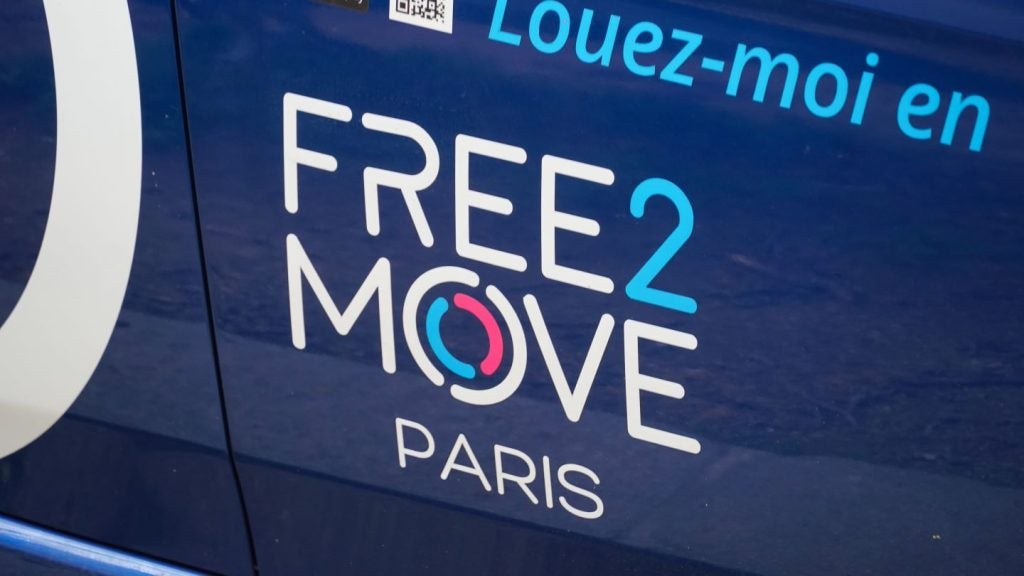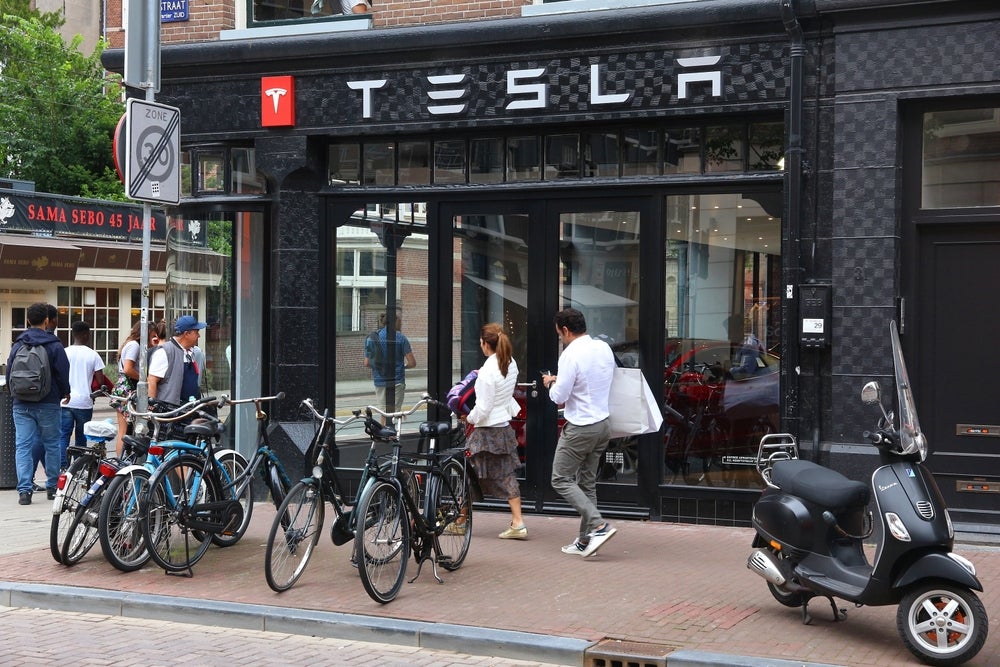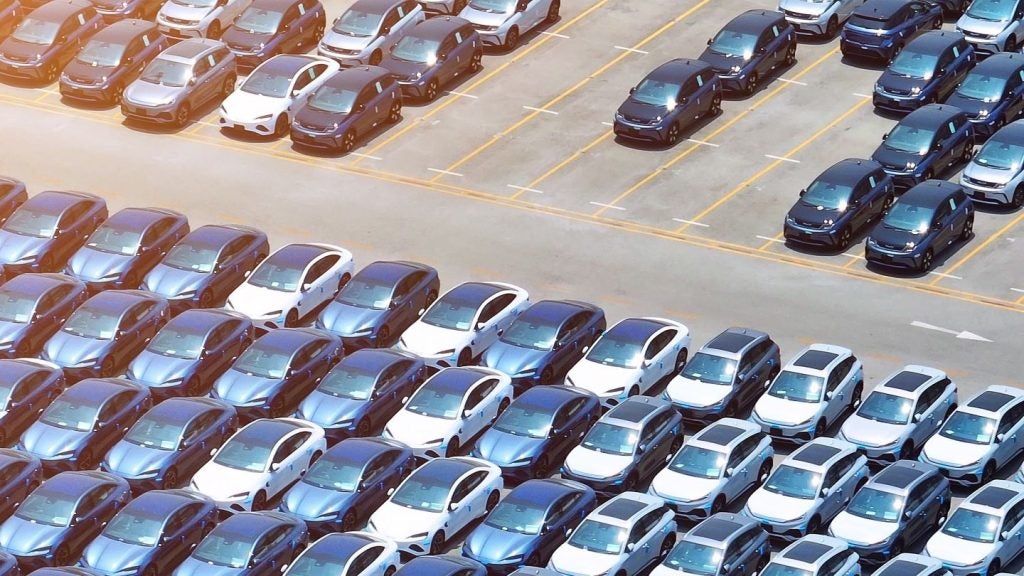Members of the European Parliament have voted in favour of a ban on the sale of new petrol and diesel cars from 2035.
The Commission’s proposal to achieve zero-emission road mobility by 2035 received 339 votes in favour and 249 against, while 24 lawmakers abstained from voting.
The proposal, which seeks to ban the sale of fossil fuel-powered vehicles in the European Union, is yet to be finalised into a law.
As the next step, the European Parliament members will start negotiations with EU member countries on the final law.
“Intermediate emissions reduction targets for 2030 would be set at 55% for cars and 50% for vans,” the statement read.
As per a Reuters’ report, some lawmakers tried to bring down the target to cut 90% CO2 by 2035 but their attempts were rejected.

US Tariffs are shifting - will you react or anticipate?
Don’t let policy changes catch you off guard. Stay proactive with real-time data and expert analysis.
By GlobalData“An ambitious revision of CO2 standards is a crucial part of reaching our climate targets. With these standards, we are creating clarity for the car industry and can stimulate innovation and investments for car manufacturers. In addition, purchasing and driving zero-emission cars will become cheaper for consumers,” said Jan Huitema, who is the lead negotiator on the policy for the parliament.
Car makers such as Volvo and Ford have supported the EU plans of achieving zero-emission road mobility by 2035.
Notably, the transport industry is responsible for one-fourth of the region’s planet-heating emissions, which have increased in recent years.
According to European Automobile Manufacturers’ Association, 18% of new passenger vehicles sold in the EU in 2021 were plug-in hybrid vehicles and electric cars.







